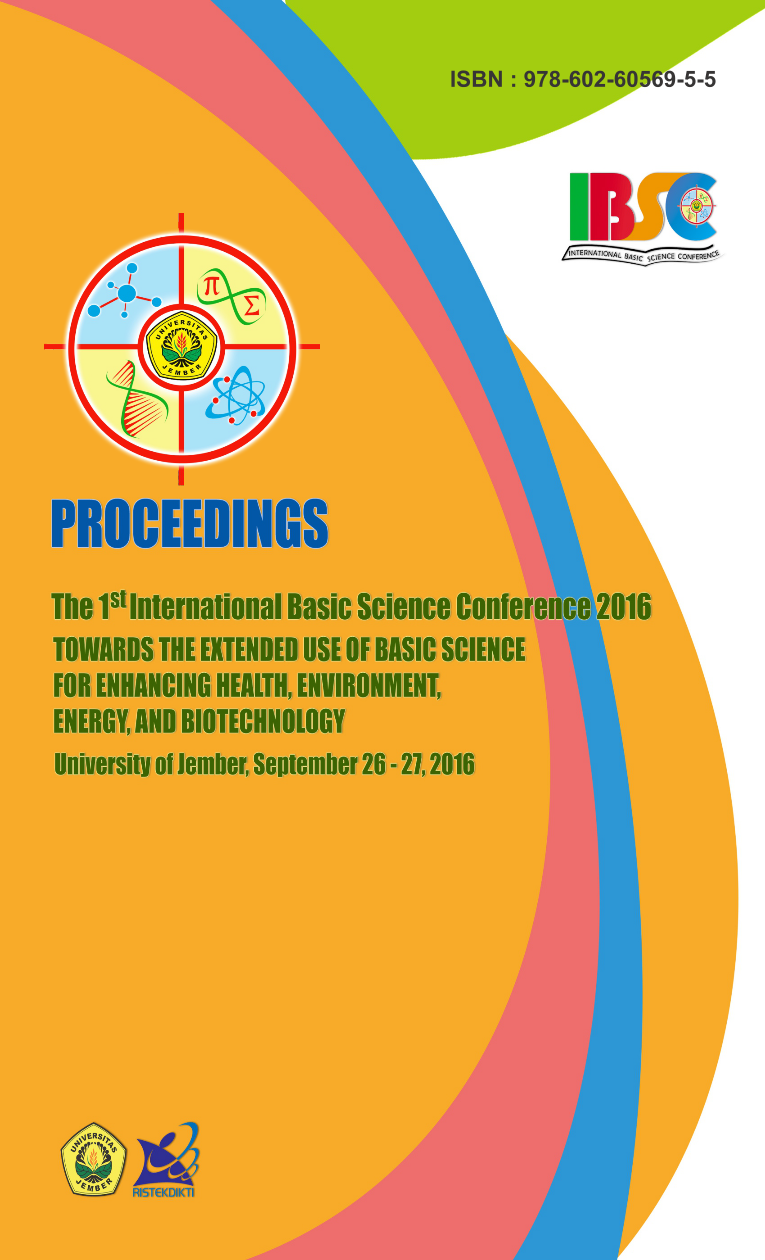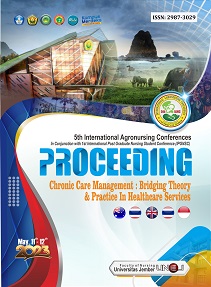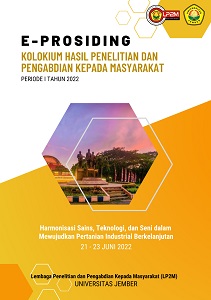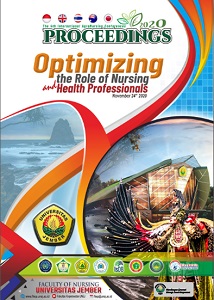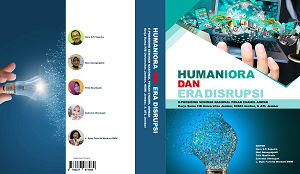Analysis of protein profile of neem leaves juice (azadirachta indica l. Juss)
Abstract
The current trend of the management of diseases has shifted toward modulating the immune response of the patients. This is achieved by the administration of immunomodulatory substance obtained from the immunogenic medicinal plant, such as neem. The immunogenic properties of neem has been associated with its protein content. Aim. This study aimed to characterize the proteins and immunogenic components of neem leaves juice using sodium dodecyl Sulphate method Polyacrilamide gel electrophoresis (SDS-PAGE). Materials and Methods. Neem leaf juice was extracted for proteins with freeze dry method. Samples that were to be run were added with RSB with the ratio of 1:1, then heated in boiled water for ± 5 minutes. An amount of 15 µl from each sample was then put into the wells. Samples were run in 120 Volt for 60-80 minutes. Gel was then taken, stained with silver nitrate for 1 hour, and was then stained every 1.5 hours. Protein bands formed were then observed. Results. The protein fraction of neem leaves juice consisted of proteins with molecular weights (MW) as follows: 11 kDa, 13 kDa, 30 kDa, 62 kDa, 70 kDa, 81 kDa. Conclusion. All protein fractions of neem leaves juice are potentially immunogenic components.
Published
2017-08-08
How to Cite
DEWANTI, I Dewa Ayu Ratna et al.
Analysis of protein profile of neem leaves juice (azadirachta indica l. Juss).
UNEJ e-Proceeding, [S.l.], p. 253-255, aug. 2017.
Available at: <https://jurnal.unej.ac.id/index.php/prosiding/article/view/4234>. Date accessed: 05 feb. 2025.
Section
General

